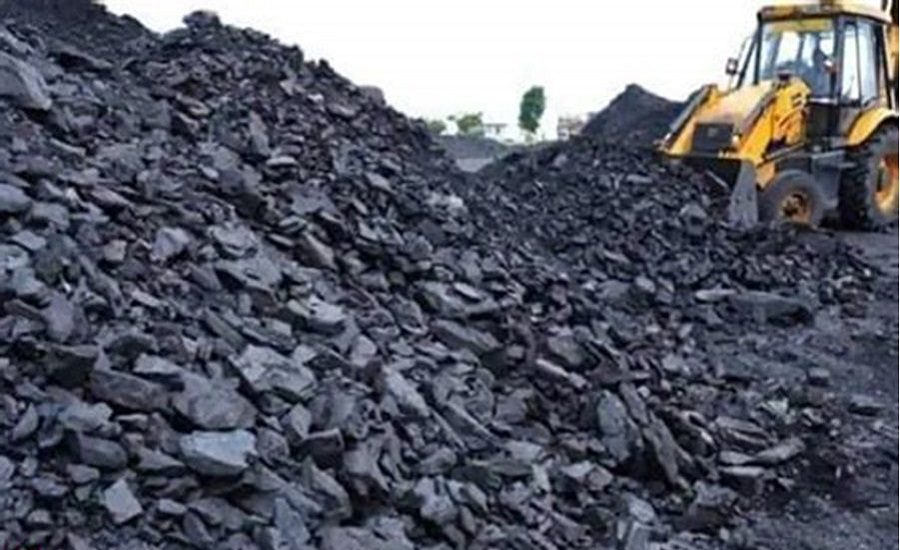New Delhi: India’s coal exports witnessed a significant rise of 23.4 percent in the financial year 2024-25, reaching 1.908 million tonnes, according to provisional data released by the government. This growth is part of a broader strategy to capitalize on increasing global demand for fossil fuels while boosting the domestic coal sector.
Steady Growth in Coal Exports
The country’s coal exports stood at 1.546 million tonnes in FY 2023-24, marking a substantial increase in just one year. Despite the rise in export volume, the overall value of coal exports decreased slightly from Rs 1,828.2 crore in FY24 to Rs 1,643.4 crore in FY25. This change reflects fluctuations in global coal prices amid shifting energy markets.
Read also: Coal Ministry Hosts Stakeholder Meet to Develop Dedicated CSR Framework for Indian Coal Sector
Key Export Destinations and Potential Markets
India primarily exports coal to neighboring countries including Nepal, Bangladesh, and Bhutan. Studies have highlighted that India has the capacity to export up to 15 million tonnes of coal annually to its neighboring nations. Specifically, the potential export volumes include 8 million tonnes to Bangladesh, 3 million tonnes to Myanmar, 2 million tonnes to Nepal, and another 2 million tonnes to other countries.
Government Push for Self-Reliance and Energy Security
The government is actively promoting coal exports as part of a larger vision to enhance India’s energy self-reliance. This includes increasing domestic coal production and facilitating import substitution to reduce dependency on foreign coal. These initiatives align with India’s strategic goal of securing energy supplies while supporting economic growth.
Economic and Environmental Impact
Boosting coal exports and production is expected to generate significant economic benefits, including job creation and increased government revenue. Moreover, relying more on domestically produced coal helps insulate India from global price volatility, thus ensuring more stable energy costs.
From an environmental perspective, coal remains a major source of energy in India, and while the country continues to explore cleaner alternatives, coal’s role in supporting the energy infrastructure remains vital in the near term.
Strengthening Regional Energy Cooperation
By exporting coal to neighboring countries, India strengthens regional cooperation and supports the energy needs of South Asia. This contributes to greater energy security not just for India, but for the entire region, fostering economic development and infrastructure growth.




























